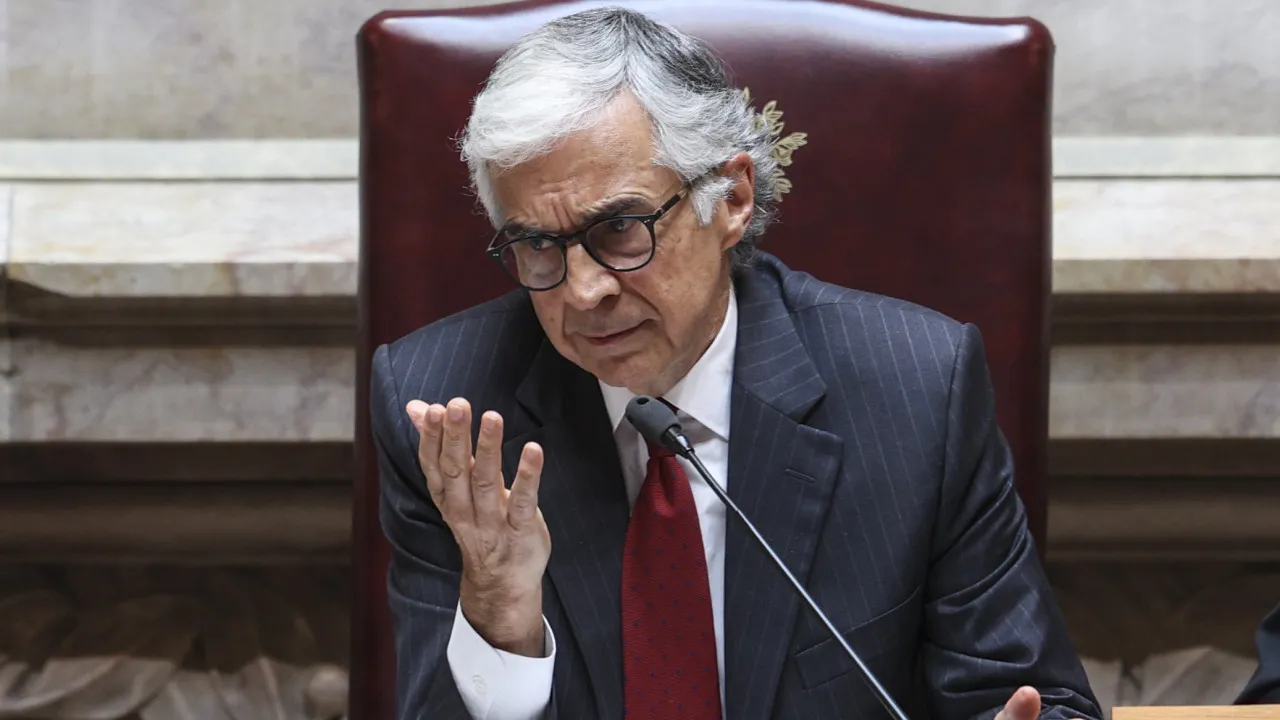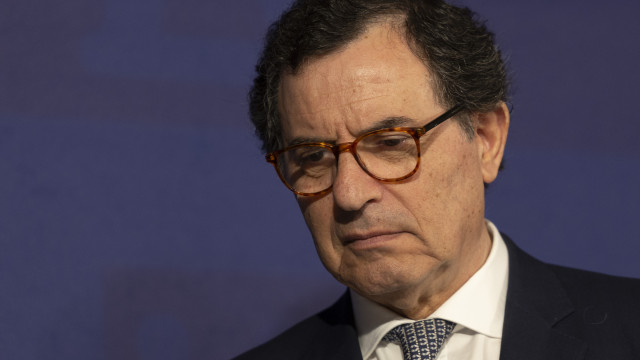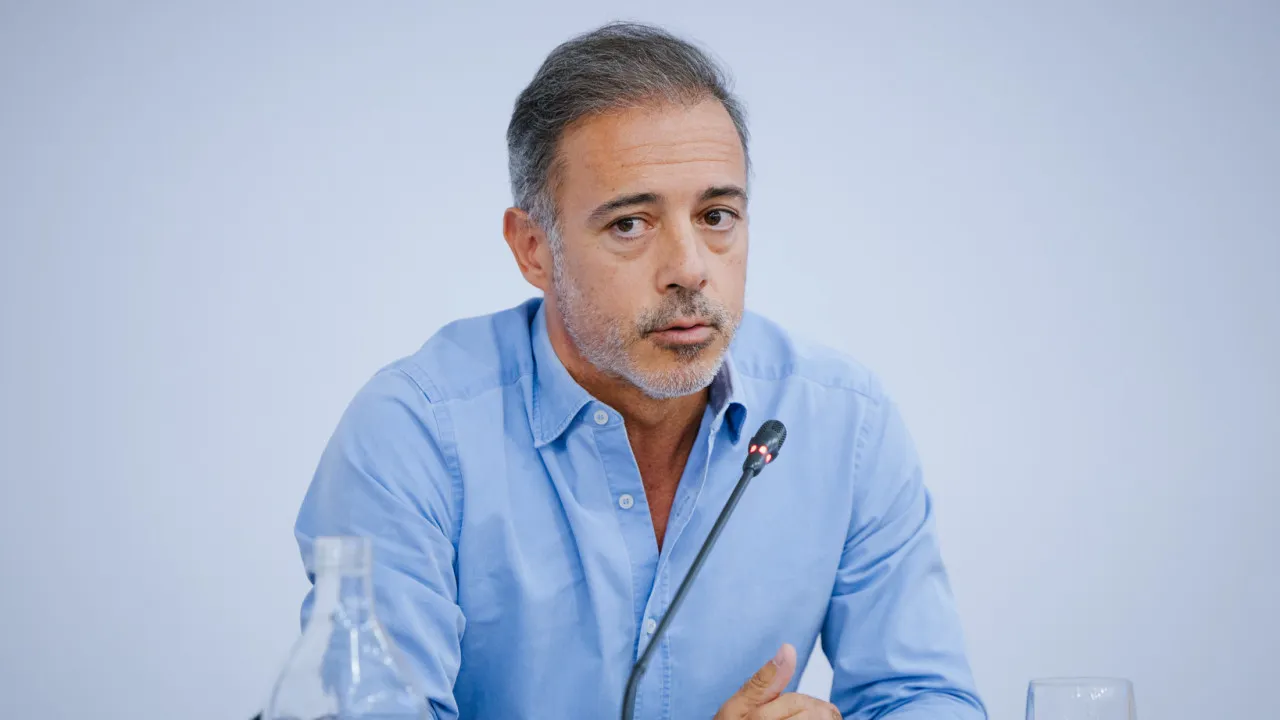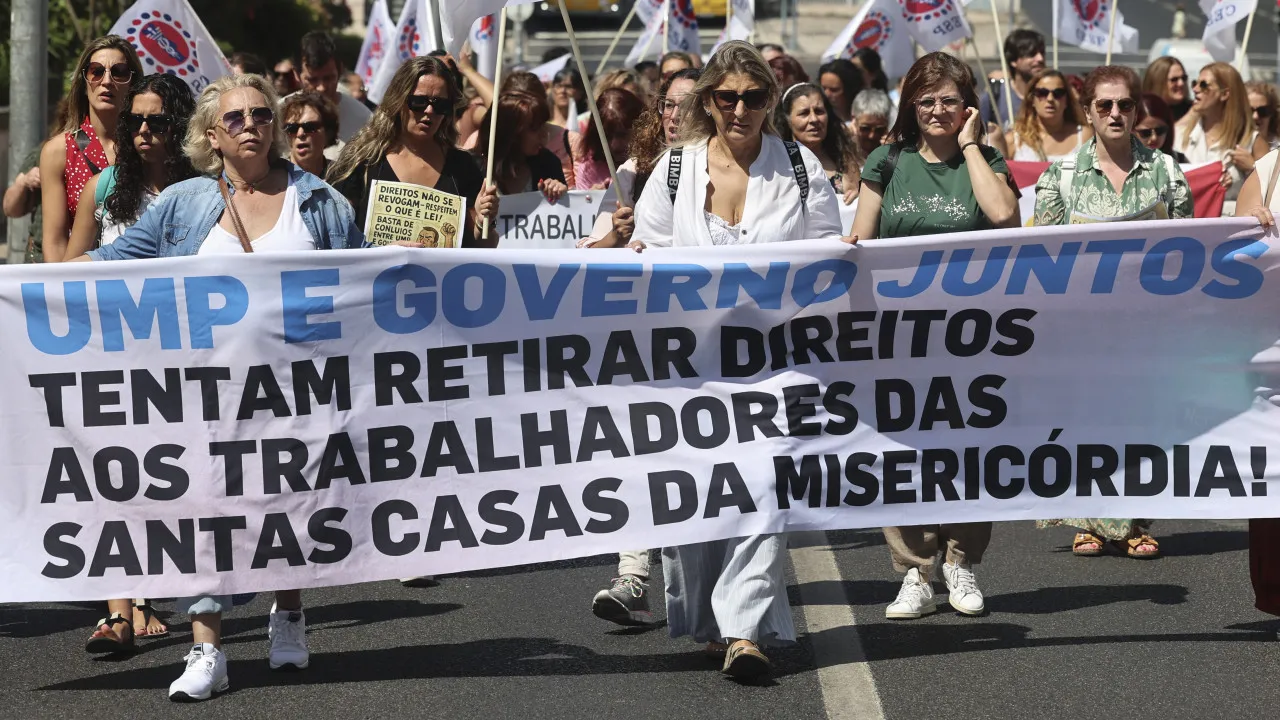
This statement was communicated to the agency Lusa by an official source of José Pedro Aguiar-Branco’s office and contradicts the claims made this morning by the president of Chega.
In comments to journalists, André Ventura revealed that he would appeal a supposed decision made by the president of the Assembly of the Republic to reject the admissibility of a Chega bill on amendments to the nationality law due to doubts about its compliance with the Constitution of the Republic.
However, an official source from José Pedro Aguiar-Branco’s office stated that it is a “misunderstanding” by André Ventura because “the president of the Assembly of the Republic has not yet made any decision regarding the admissibility of the Chega bill, which is still under consideration.”
The Chega bill with amendments to the nationality law has already received a negative opinion, although not binding, from the parliamentary services, which considered it non-compliant with the Constitution of the Republic. Yet, the president of the Assembly of the Republic has not signed any order to that effect.
This morning, before entering a meeting of Chega’s Parliamentary Group, André Ventura interpreted this opinion of the services as a final position and even accused José Pedro Aguiar-Branco of “blocking” his party’s political action, “reviving a practice from the times” of the former president of the Assembly of the Republic Ferro Rodrigues.
“With all due respect, it is not for the president of the Assembly of the Republic to say whether a bill is constitutional or unconstitutional. We have a Constitutional Court for that,” argued the president of Chega.
According to Article 120 of the Rules of Procedure of the Assembly of the Republic, bills and proposals of law or amendment proposals that violate the Constitution or the principles enshrined in it are not admitted.
Regarding the Chega bill, the parliamentary services issued an opinion, to which the agency Lusa had access, concluding that “the initiative seems not to meet the formal admissibility requirements provided in the Constitution and the Rules of Procedure of the Assembly of the Republic.”
In this opinion, doubts are raised about the Chega bill, particularly due to the circumstance of a penalty involving, as a necessary effect, the loss of civil, professional, or political rights.
For this purpose, professors Jorge Miranda and Rui Medeiros are cited: “As regards those who are Portuguese, the fundamental right translates into the right not to be deprived of Portuguese citizenship or, more precisely, the right not to be deprived of it through arbitrary or disproportionate measures. (…) Moreover, under paragraph 4 of Article 30 [of the Constitution], the loss of citizenship cannot constitute a necessary effect of the application of a criminal penalty.”
On the other hand, the Chega bill, “by discriminating between citizens who have acquired Portuguese nationality by naturalization and citizens with original nationality (provided they have another nationality, to avoid becoming stateless), can also be analyzed to see if it violates the principle of equality, enshrined in Article 13 of the Constitution.”
“As noted by professors Gomes Canotilho and Vital Moreira, the Constitution does not distinguish between originally Portuguese citizens and naturalized citizens (…) Therefore, it seems certain that the law also cannot discriminate,” the parliamentary opinion adds.




